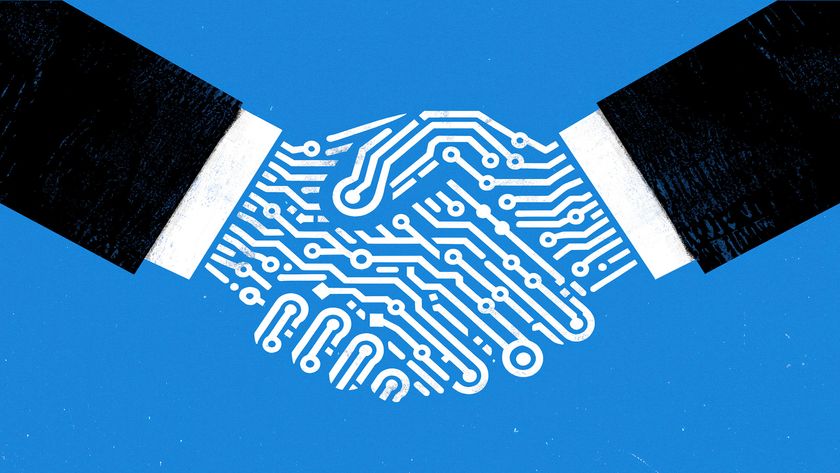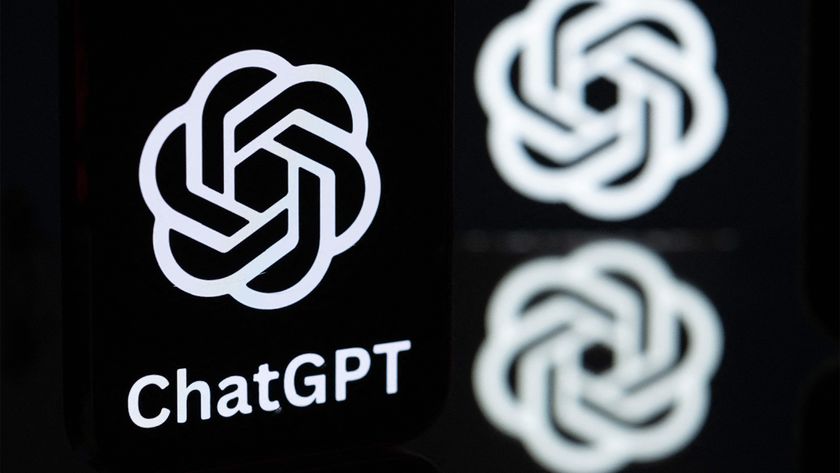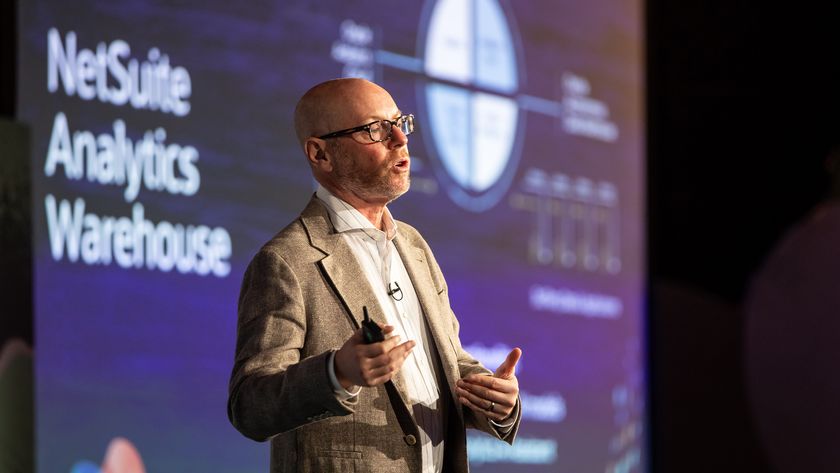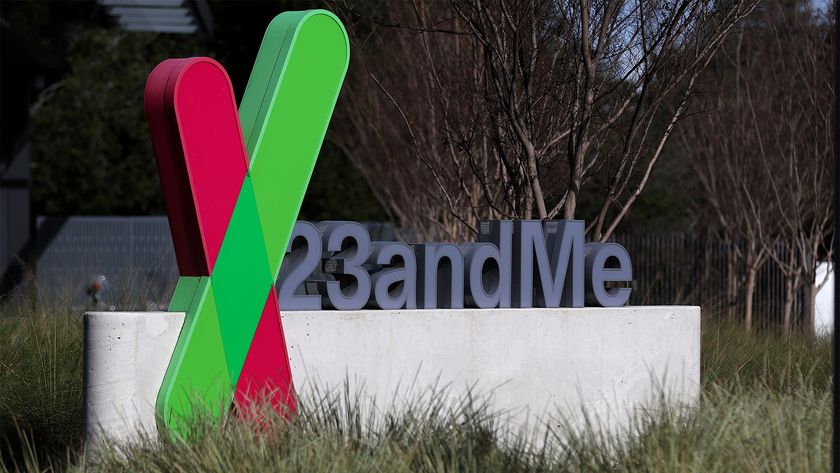Q&A: Simon McCalla, IT director, Nominet
We speak to the IT director of the .uk domain registry to find out how our regional domain is doing.
The domain system is like any other place where you do your business. What we are doing is working with law enforcement agencies to look at how we can both prevent criminal activity but also stop criminal activity once we have discovered it.
We have been doing quite a bit of work recently around phishing so what we are doing is taking various sources of information about suspicious sites and pushing that out so that registrars and ISPs can take action on that.
We have also more recently introduced the phishing lock' which allows registrars to lock down domains the moment they hear of suspicious activity rather than having to come to Nominet and get [us] to do that.
These are a set and suite of tools and it is an ongoing process about trying to increase that security and safety.
So do you think people are starting to take internet security more seriously?
I think we [are seeing] an increasing awareness of security. I think that as the internet grows, the smartness of the criminal fraternity grows, so what may have started as virus writing 10 years ago has now become phishing emails and spoof websites.
People are becoming increasingly aware [and] are increasingly wanting to understand how they can avoid those kind of sites. The browser manufacturers and the anti-virus software companies are all providing tools to help you avoid fraud and we are part of that whole process.
Get the ITPro. daily newsletter
Sign up today and you will receive a free copy of our Focus Report 2025 - the leading guidance on AI, cybersecurity and other IT challenges as per 700+ senior executives
When it comes to law enforcement, we work quite closely with the Police eCrime unit to understand how we can help it to both identify and to tackle the criminal fraternity that operates online.
There is a long way to go - I think [the police] would admit that - in getting that whole process very smooth and transparent so that everyone is happy with it. It is a fairly new unit forming and we are trying to help it as much as we can.
What advice would you offer?
I would refer to a comment made by Stephen Fry. [He] said that the internet was like a city and there are areas of a city that are highly secure, places you want to go, and very well managed. There are [also] areas of a city [which] you may not want to see and be part of.
What it is about is education, understanding and awareness; that you need to take care of your actions when you are using the internet [and] understand what it is you are looking at.
There are obviously lots of tools that can help you with that the key thing is to be aware and be safe just like you would if you went into the centre of London. It is no different online.
We would obviously love to do everything from our side to eradicate as much of that criminal behaviour [as possible] but it is very much about being aware of where you go [and] what you visit. It is also [about] being aware of how your family and your children are using the internet, making sure that they are aware of the safety and security concerns we are talking about.
What does the future hold for .uk?
We would like and hope for it to continue to grow [and] would very much like it to be seen as a safe and secure place to be on the internet. We are doing a lot of work around influencing the safety and security debate [and] doing some significant work around DNS security.
Amongst the other domains that we run, not just co.uk but ones like org.uk we would like to be seen as [secure] and I think our fundamental goal is for the UK [is] to be a very trusted space on the internet as well as the internet as a [whole being safe].
We work globally, not just nationally, to influence policy and technical decisions around that.
Jennifer Scott is a former freelance journalist and currently political reporter for Sky News. She has a varied writing history, having started her career at Dennis Publishing, working in various roles across its business technology titles, including ITPro. Jennifer has specialised in a number of areas over the years and has produced a wealth of content for ITPro, focusing largely on data storage, networking, cloud computing, and telecommunications.
Most recently Jennifer has turned her skills to the political sphere and broadcast journalism, where she has worked for the BBC as a political reporter, before moving to Sky News.















